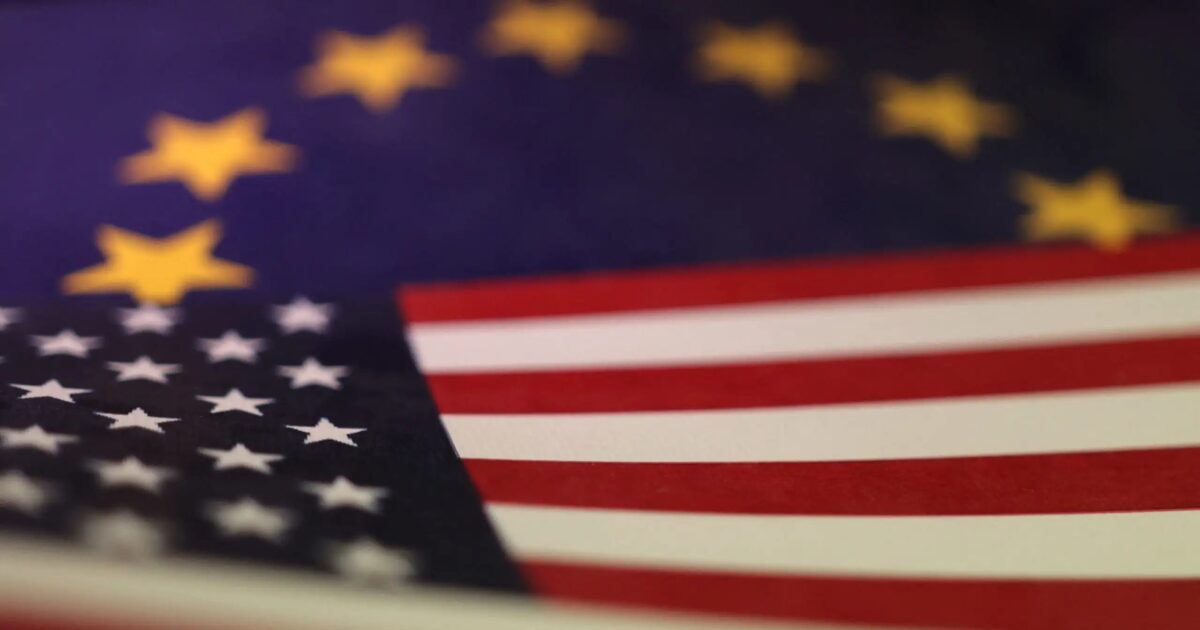A 30% countermeasures on US goods worth about 100 billion euros ($ 117 billion), plans to impose directly by the European Union (EU), if there is no agreement and if US President Donald Trump implements his threat of imposing corresponding duties In most union exports after August 1.
As part of a first wave of countermeasures, the EU will combine in one package an already approved list of tariffs on US products worth 21 billion euros and a previously proposed list for additional US products worth 72 billion euros, a European Commission spokesman said on Wednesday.
US exports, which include industrial products such as Boeing Co. , cars manufactured in the US and whiskey Burbon will face a duty that corresponds to Trump’s threat by 30%.
The duties will be ready to enter into force next month, but only if there is no agreement and the US is implementing their duties after August.
The plans are coming as EU Member States, including Germany, have touched their positions in response to the tightening of their negotiating stance by the US.
Berlin would even be willing to support the activation of the means against EU coercion, or ACI, in the event of a withdrawal without agreement. This tool will only be implemented if no agreement is reached.
ACI is the most powerful trade tool of the block and a growing number of Member States is pushing for its use if no agreement is reached. The medium is mainly designed as a deterrent and is currently not on the table, as its activation requires the support of the special majority of the Member States. ACI would allow the EU to launch a wide range of retaliation, including new taxes on US technology giants, targeted restrictions on US investment and restriction of EU market access.
“We are now approaching the decisive phase of the tariff dispute with the US. We need a fair, reliable agreement with low duties. Without such an agreement, we are at risk of economic uncertainty at a time when we actually need the opposite, “German Chancellor Friedrich Mertz said to reporters in Berlin on Tuesday (22.7.25) after meeting with Czech.
However, the overwhelming preference is to continue negotiations with Washington on the right track, in an attempt to find a solution to the deadlock before the next month’s deadline.
